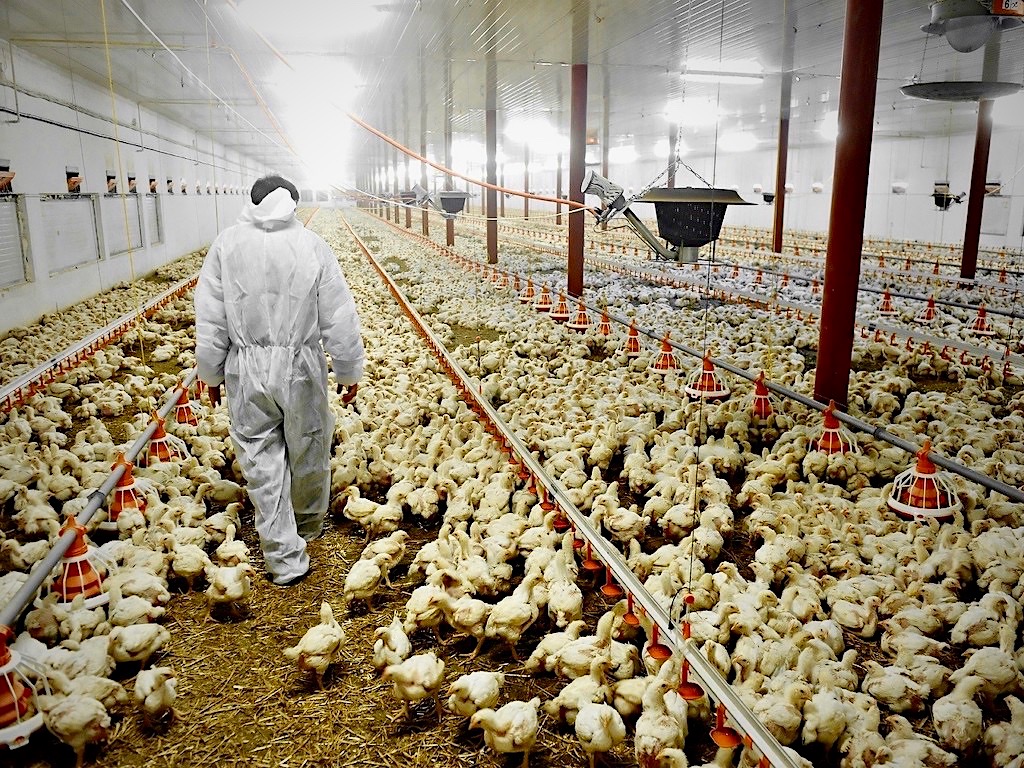6 Mins Read
The coronavirus pandemic has renewed questions about our global food system and the danger that it poses to public health. In particular, the illegal wild animal trade has been singled out in most conversations about disease pandemics, with less focus placed on the role of factory farming. Now, some researchers are calling for more attention on how industrial livestock farming may have been complicit in increasing the risk of global disease threats posed by coronavirus.
Wildlife farming & Covid-19
Tracing the origins of the Covid-19, infectious disease expert Kristian G. Andersen and her team at the Scripps Research Institute in California alongside other experts from Australia, the United States and United Kingdom have recently ruled out the possibility that the disease was engineered in a lab. Their study, which was published in the journal Nature Medicine in March, examined the genetic sequence of the coronavirus to look for clues about its evolutionary past.
What they found was that Covid-19, which belongs to a family of coronaviruses that are all zoonotic – meaning that they jump from animal to human – may have made this leap long before the first detected case late last year in Wuhan, China. One possible scenario is that the coronavirus had been transmitted to humans, but then over time, gained greater ability to spread to other humans and cause disease.
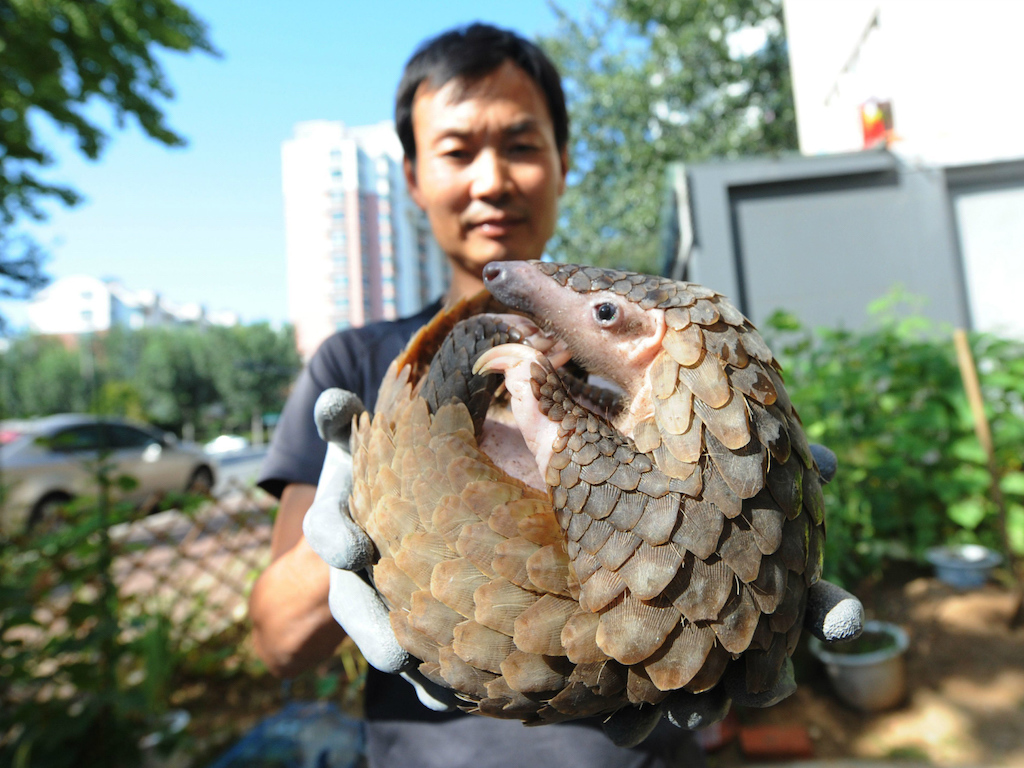
There is little doubt that the host animal in question in this current pandemic is a wild animal. Multiple scientific studies have traced the coronavirus back to the illegal wild animal trade, with the latest evidence suggesting that the pangolin – poached for its scales and meat and prized in China and parts of Vietnam – was likely the host animal for Covid-19.
In response, China has decided to permanently ban the trade and consumption of wild animals, though loopholes still exist in the online marketplace and for medicinal uses, not to mention the contradictory promotion of bear bile as a coronavirus treatment by the country’s National Health Commission.
Factory farming & disease
But what about modern factory farming and the risk that it may pose in future disease outbreaks? Some environmentalists are already calling for change, such as Pause The System, a group campaigning for the British government to tackle the animal livestock industry and the threats that it may bring to future pandemics.
“The reality of modern farming is that animals are housed in disease-infested conditions. And pumped full of antibiotics. This is the perfect breeding ground for drug-resistant superbugs. We need to change our food system urgently,” said Pause the System spokesperson Dan Kidby.
The history of scientific evidence about disease emerging from slaughterhouses and industrial animal farms supports Kidby’s concerns. Conditions in factory farms – overcrowding, poor sanitation and ineffective waste treatment – are perfect breeding grounds for pathogens and have often led to contamination of the food supply by bacteria, non-zoonotic diseases such as African Swine Fever (ASF) that has wiped out a quarter of the world’s pig population, or in more serious cases, communicable diseases such as swine flu (H1N1) and avian flu.
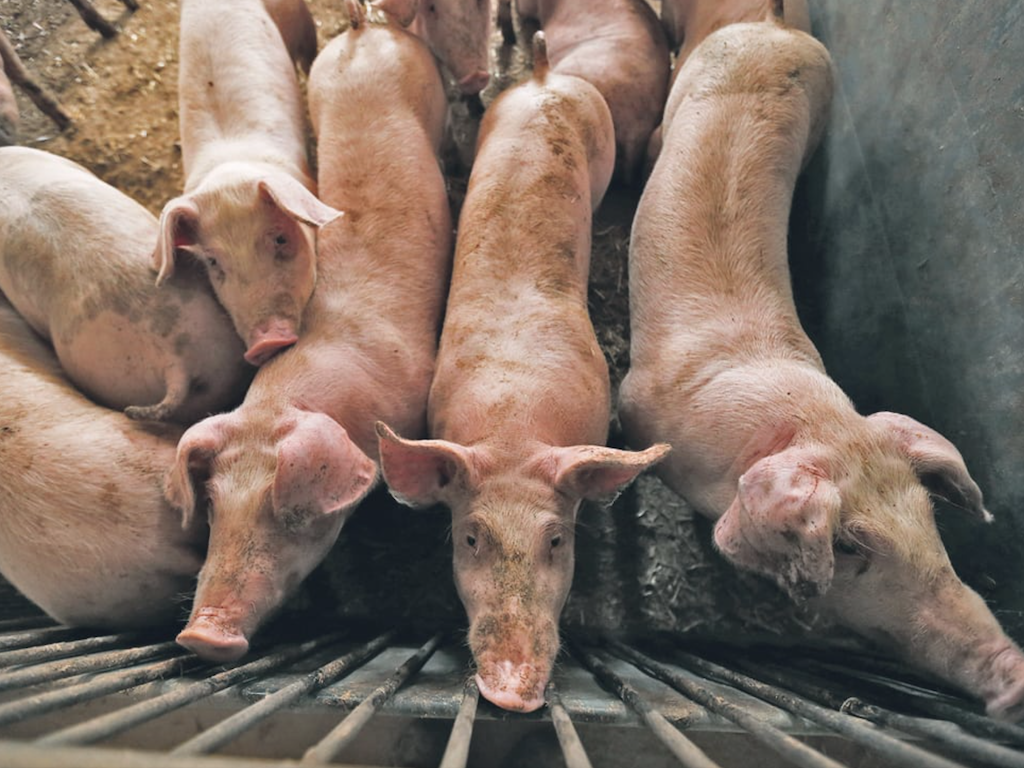
Regular doses of antibiotics are required in industrial animal farms to prevent animals from getting sick. The use of antibiotics is so rampant in the industry that to date, an estimated 80% of all produced antibiotics is sold to livestock farms, according to the FDA. And this has led to the rise of medicine-resistant superbugs – a 2019 study documented that the growing demand for animal protein has resulted in a tripling of the occurrence of antibiotic resistance in disease-causing bacteria in livestock between 2000 and 2018.
This is all without mentioning the environmental hazards of mass produced meat, from driving 18% of global greenhouse gas emissions to water contamination and high land-use that incentivises deliberate deforestation.
Coronaviruses & industrial animal livestock farming
Skeptics might point out that many of the diseases mentioned above are not coronaviruses, and that coronavirus epidemics of the past, such as SARS and MERS have been specifically linked wild animals. However, while industrial livestock farming may not be a direct cause of coronaviruses, there is evidence that the industry has at least played a facilitating role in the spread of zoonotic diseases to humans.
Lyle Fearnley and Christos Lynteris, anthropologists at the University of St Andrews in Scotland and the Singapore University of Technology and Design (SUTD), recently documented the way that smallholder farmers in China slowly became undercut by the growing mass livestock industry that ballooned since the 1990s as the country underwent rapid economic development.
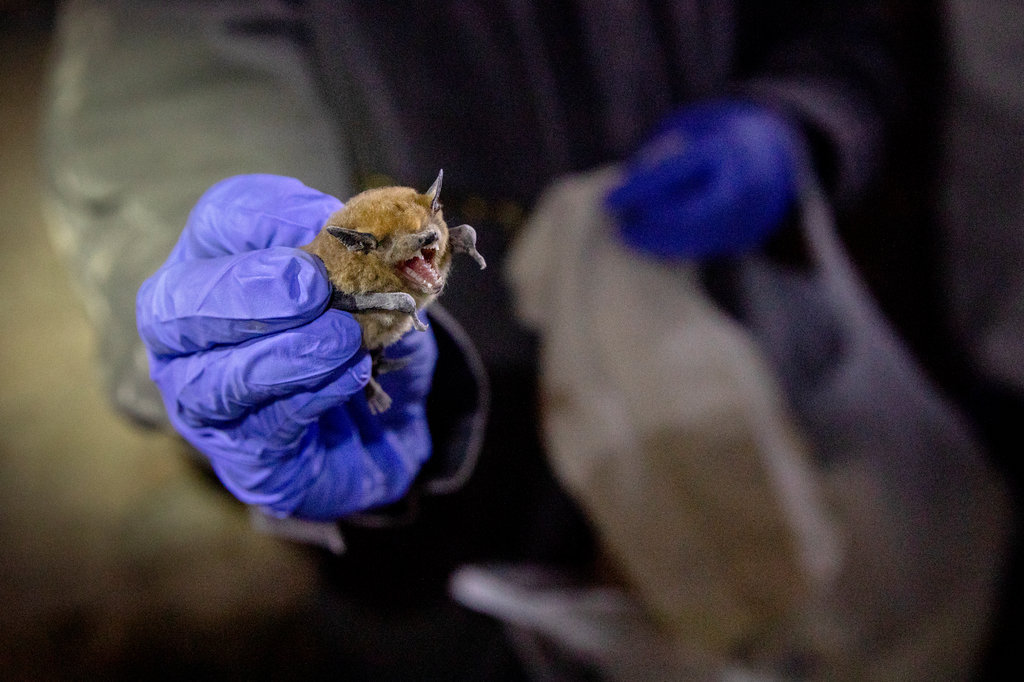
Over time, farmers were pushed out further to uncultivable regions, closer to the edges of the forests, where bats – and the coronaviruses that infect them – can be found. This effectively increased the frequency and likelihood of contact between humans and wild animals that are carriers of viruses – and therefore, also increased the risk of a spillover.
Due to the modern demand for animal meat that encourages mass industrial livestock farming, previously undisturbed ecosystems are being disrupted, increasing the number of zoonoses, human infections that originated in animals, particularly in the past decades.
And the actual industrial forms of production itself can then exacerbate the problem, making pathogens even more virulent. Porcine reproductive and respiratory syndrome (PRRS), a disease found in pig herds was first detected in the United States in the late 1980s. Not only has it spread to pig populations across the world, the strains detected recently in China are even more virulent than the previous ones found in American ones.
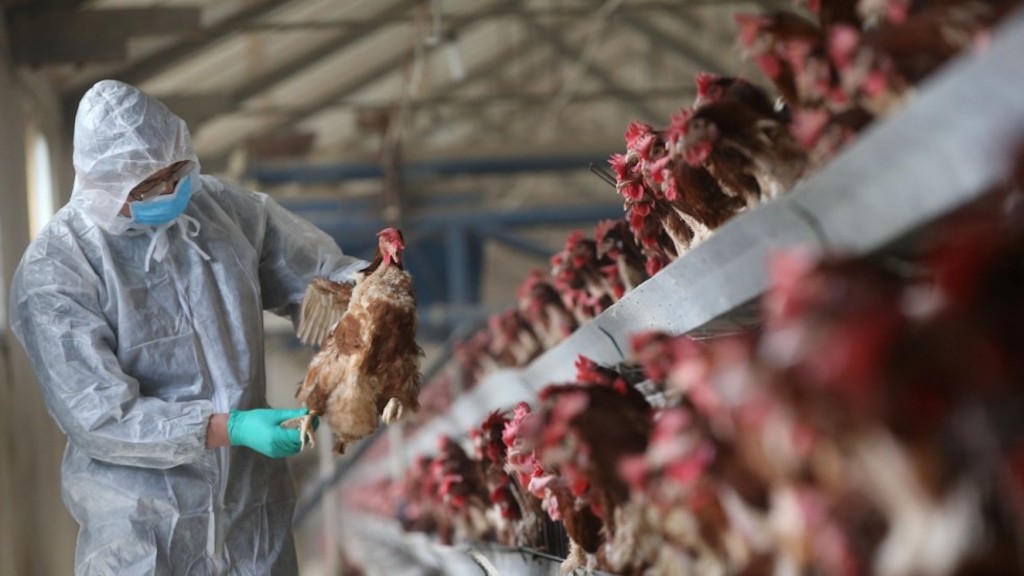
The same can be said about flus, a disease that is considered to have a high potential to become a global pandemic – especially given that the 15 pandemics in the past 500 years have been flus. Speaking to the Guardian, spatial epidemiologist Marius Gilbert said that there is a clear “link between the emergence of highly pathogenic avian influenza viruses and intensified poultry production systems” in today’s global food system.
The current Covid-19 pandemic has caused a massive disruption – from taking the lives of hundreds of thousands and putting at risk millions of frontline workers and vulnerable people, to severely impacting the global economy and travel. A third of the world is in lockdown and confined to their homes unless deemed necessary. Over half a billion children are unable to attend regular schooling.
What is clear from the impact of Covid-19 is that the world does not need another one – and we must do everything that we can to prevent the emergence of future global disease outbreaks. Yes, illegal wildlife farming needs to be fully clamped down on all over the world. But we should also look at how the global appetite for animal protein has too fuelled the threat of disease. We urgently need to treat the crisis we are facing now as a lesson learned to restart and shift towards a kinder, safer and healthier food system.
Lead image courtesy of Dreamstime.

